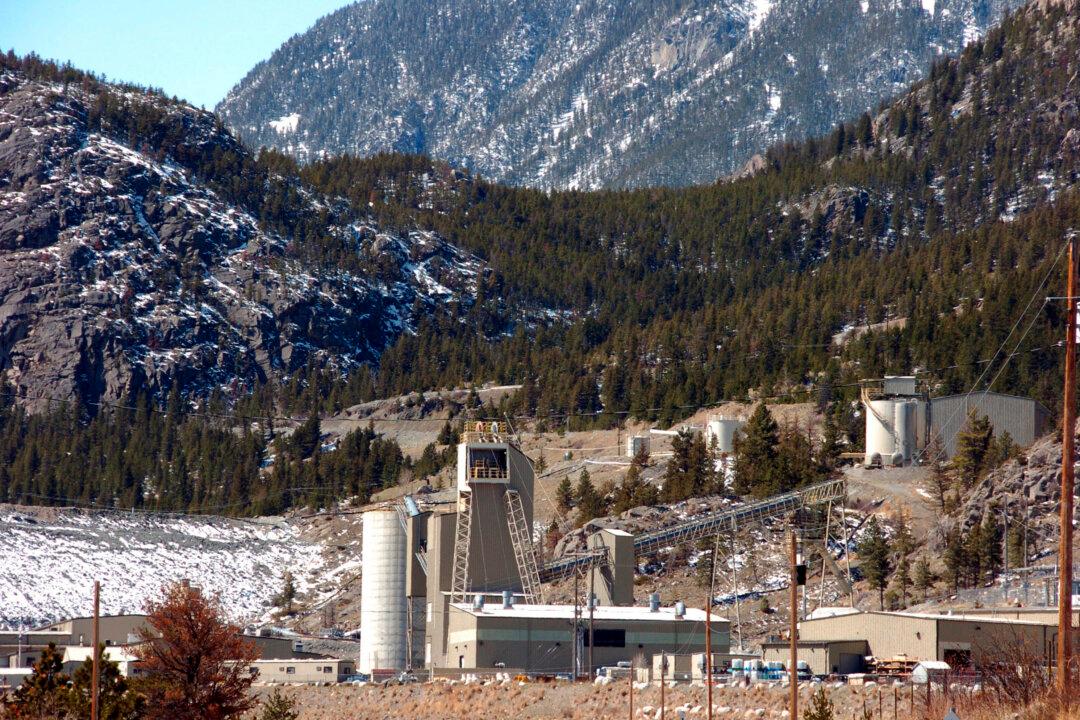A fiercely contested Minnesota copper-nickel mining proposal is among stymied mineral and energy development projects President-elect Donald Trump has pledged to quickly reanimate after he is sworn in for a second presidential term on Jan. 20.
The former president said it would be addressed as quickly as “about 10 minutes” during a July 27, 2024, campaign rally with Rep. Pete Stauber (R-Minn.) in St. Cloud, Minnesota. Trump promised to reverse the Biden administration’s 20-year mining ban on 225,500 acres within Superior National Forest and restore rescinded mineral leases held for decades by Twin Metals Minnesota and predecessor companies.





